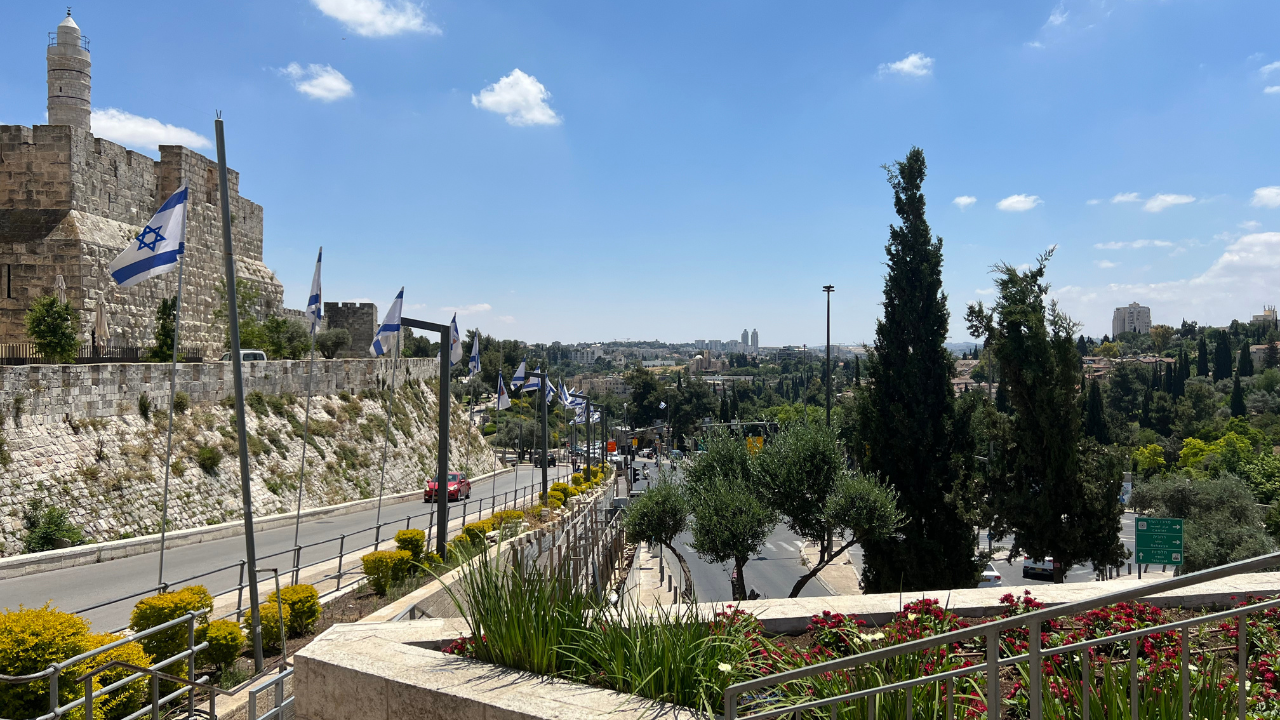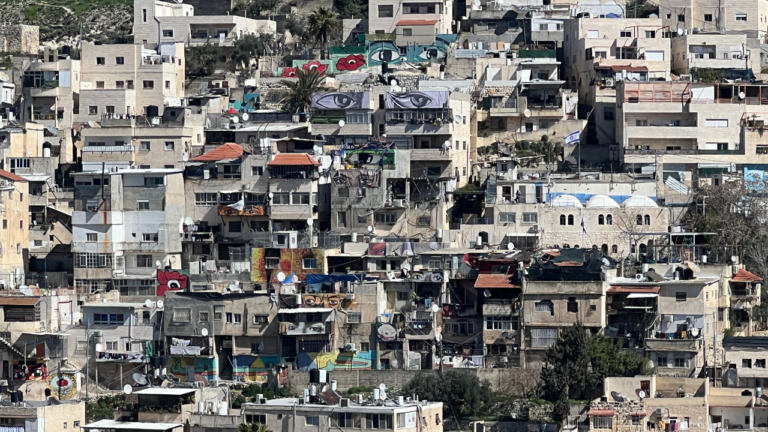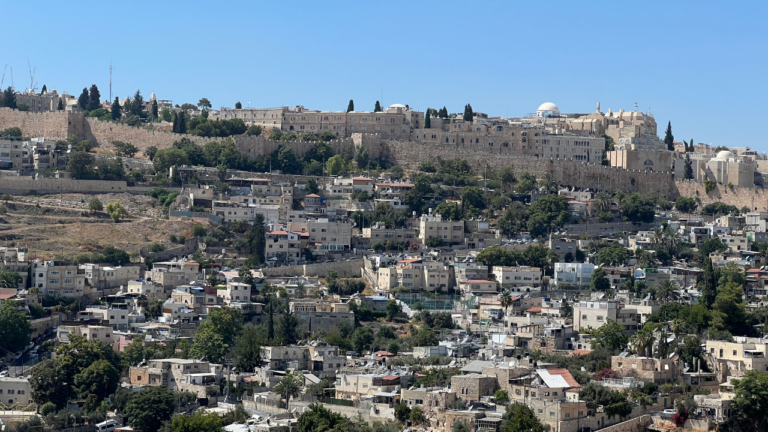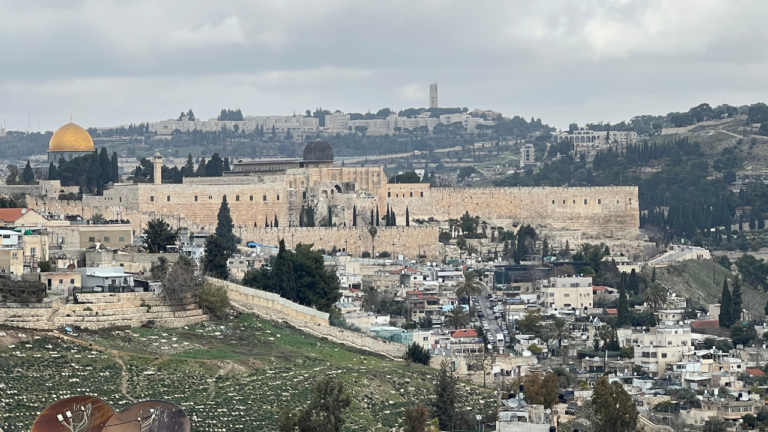Rebbe Shimon at the Entrance to Jerusalem
The Gemara Makkot (19b) has a lengthy discussion regarding the laws of ma’aser sheni. Farmers would separate this tithe, an obligation in four out of six years of the shemittah cycle, and bring the produce to Jerusalem to be eaten. The produce possessed a sanctified status akin to meat of sacrifices and could only be consumed within the walls of Jerusalem.
When the farmer has difficulty shipping the produce to the holy city, the Torah allows for pidyon, the transfer of the ma’aser sheni status from fruits to coins. The coins can then be brought to Jerusalem and be used to purchase food items that possess the sanctity of ma’aser sheni. However, this ability of pidyon only exists when the fruit is outside Jerusalem; as soon as it enters the city, the walls of Jerusalem are koleit, they “absorb” the fruits permanently, and they must be consumed within the city.
The Gemara then paints a fascinating vignette connected to an important halachik question: Rav Chanina and Rav Hoshiya were sitting at the entrance to Jerusalem (see Rivan and Bach) and posed the following question. What would be the law if someone’s body entered into the city but his ma’aser sheni, slung behind him, remained outside? Is it considered as if the produce never entered Jerusalem and is still subject to pidyon? Or must we stringently assume that the produce has already entered and can no longer be redeemed? An older sage provided them with an answer from the beit midrash of Rebbe Shimon bar Yochai. The verse (Devarim 14:24) states that one can perform pidyon when, yirchak mimcha hamakom, when the place is far from you. The word mimcha means that redeeming the produce is only an option when Jerusalem is distant from your entirety. If any part of you is already inside the holy city, whether it be your produce or your physical body, the ma’aser sheni has been “absorbed” into the walls (see further 20a).
Why does the Gemara go out of its way to highlight the place in which this halachik query was posed? Is it truly important to know that these sages were sitting at the entrance to Jerusalem?
Ma’aser sheni is a deep representation of sanctifying one’s daily worldly pursuits. A large percentage of one’s harvest became sanctified like a sacrifice, and it was eaten in Jerusalem to instill love and fear of God. Jerusalem’s unique spiritual composition allows it to transform mundane business into sanctity; labor in the fields becomes a conduit for love and fear of HaKadosh Baruch Hu.
Reading this Gemara on a deeper level (al pi drush), perhaps we can suggest that Rav Chanina and Rav Hoshiya were first sensitized to their question when exposed to the opening of Jerusalem. They already knew that the city had the spiritual power to sanctify ma’aser sheni and absorb it to the point where it can never leave. But what about the initial gates, where only a part of the person has entered the city? For example, if the fruits, representing months of toil and grueling labor, remain outside the city as the farmer’s body enters, do they still become sanctified? Does Jerusalem have the power to pull one’s physical pursuits into the world of sanctity even when he leaves the fruits of his labor behind him?
The elderly sage that provides them with an answer is referred to as hahu saba, that old man. Who is this mysterious elder? Tosafos in Chullin (6a) note that this phrase normally refers to Eliyahu haNavi. It is Eliyahu that brings them the answer from the Torah of Rebbe Shimon bar Yochai. Jerusalem’s spiritual capacity is so great that if even part of a person enters the city, his entirety becomes “absorbed”. The physical pursuits that he viewed as divorced from sanctity permanently become imbued with kedushah. Rebbe Shimon reveals that Jerusalem can “grab” any part of a person’s life and “pull” his entirety into a world of spiritual beauty and sanctity.
May we be zoche to bring our ma’aser sheni through the gates of the fully restored Jerusalem, speedily in our days.



